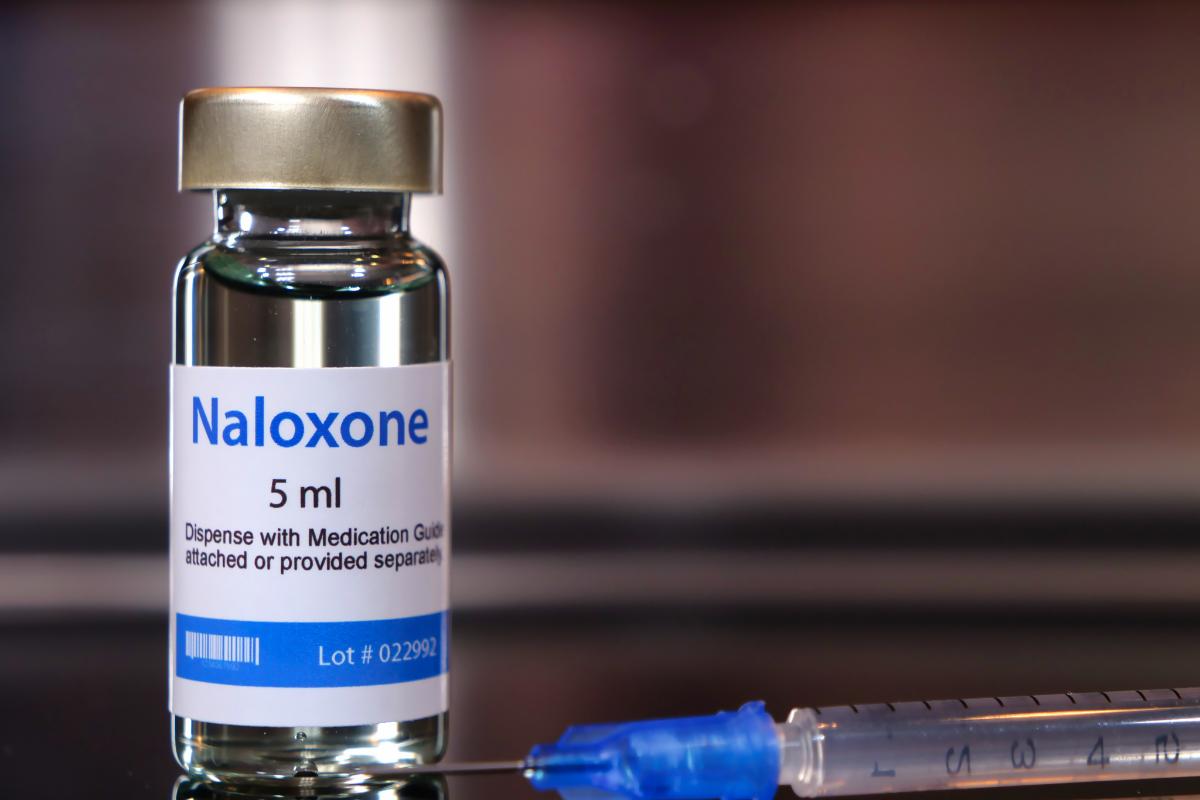If you’re looking into addiction treatment options, it’s likely that you’ve come across the term “medication-assisted treatment.” What is medication-assisted treatment? This is an approach to addiction treatment that combines medication, counseling, and other support services. It’s typically a part of treatment for opioid addiction, but certain medications can also help those working to overcome alcohol addiction. As part of a comprehensive treatment plan, medication-assisted treatment helps individuals struggling with substance use disorder manage their cravings, reduce withdrawal symptoms, and make progress toward recovery.
Learning more about what medication-assisted treatment is can help you understand why it’s an important part of the recovery process. Along with help from a dual diagnosis treatment center and other evidence-based treatment methods, a MAT program can provide a chance for patients to build a foundation for lasting recovery.
Call Colorado Medication Assisted Recovery at 833.448.0127 or connect with us online today to get started on your own journey to recovery.
What Is Medication-Assisted Treatment?
The early days of recovery can be challenging. Withdrawal symptoms, cravings, and thoughts of relapse can make it difficult to make progress. That’s where medication-assisted treatment comes in. This approach utilizes FDA-approved medications to help provide relief from the symptoms of withdrawal and reduce cravings. This helps patients focus on their recovery plan instead of worrying about how to get through the day.
Medications used in this level of care can include:
- Buprenorphine – This medication is used to help reduce cravings for opioids and can also be effective in treating withdrawal symptoms.
- Naloxone – This medication helps to reverse the effects of opioids and can help prevent overdoses.
- Naltrexone – This medication helps to block the effects of opioids, alcohol, and other substances from affecting the brain.
Suboxone and Vivitrol are two brand-name medications that use these compounds. The type of medication that’s prescribed and the dose will depend on the individual’s needs.
How Medication-Assisted Treatment Fits Into Recovery
It’s important to note that medication-assisted treatment is not a stand-alone approach to recovery. In order for it to be effective, it must be used in conjunction with other evidence-based therapies such as cognitive behavioral therapy and support groups. These therapies provide an opportunity for individuals to recognize the underlying causes of their addiction, develop healthy coping skills, and work on building a foundation for long-term recovery.
Breaking Down the Stigma of Medication-Assisted Treatment
Unfortunately, there is still a stigma associated with medication-assisted treatment for addiction. Many people think that taking medications to recover from an addiction means that you’re not really in recovery. This couldn’t be further from the truth—MAT is just one piece of the puzzle when it comes to substance use disorder treatment. It provides relief from withdrawal symptoms so that individuals can focus on the other aspects of their recovery.
In addition to MAT, many patients also find relief in alternative therapies such as yoga, acupuncture, and mindfulness meditation. These additional treatments can help to reduce stress, improve mental health, and provide a sense of calm during the early days of recovery. By combining multiple approaches to treatment—including medications—patients can build a stronger foundation for recovery and gain the skills they need to stay committed to sobriety.
The Benefits of Medication-Assisted Treatment
Some of the benefits of medication-assisted treatment include:
- Reduced cravings – The medications used in this level of care function as either opioid agonists, which act in place of opioids, or opioid antagonists, which block the effects of opioids. Opioid agonists are not considered to be addictive and can help reduce the cravings that normally trigger relapse.
- Fewer withdrawal symptoms – Medication-assisted recovery helps patients manage the withdrawal symptoms associated with opioid addiction, such as sweating, nausea, anxiety and depression.
- Increased ability to focus on recovery – With fewer cravings and fewer withdrawal symptoms, patients can focus on their recovery plan and building a foundation for long-term sobriety.
- Improved physical and mental well-being – Withdrawal symptoms can take a toll on both a patient’s physical and mental health. Medication-assisted treatment can help reduce the intensity of these symptoms and help promote better overall health.
MAT should be combined with treatment for any co-occurring mental health concerns, as well as counseling that involves loved ones. This multifaceted approach to recovery can help people gain the skills and knowledge necessary to effectively manage triggers, cravings, and other relapse risks.
Discover the Benefits of Medication-Assisted Treatment at Colorado Medication Assisted Recovery
At Colorado Medication Assisted Recovery, we understand the complexities of addiction and provide comprehensive treatment plans that include medication-assisted treatment. Our experienced team of medical professionals, therapists, and counselors is committed to helping you find the path to lasting recovery.
If you or someone you love is struggling with addiction, please don’t hesitate to reach out. Call us at 833.448.0127 or reach out to our team online today to get started.


























